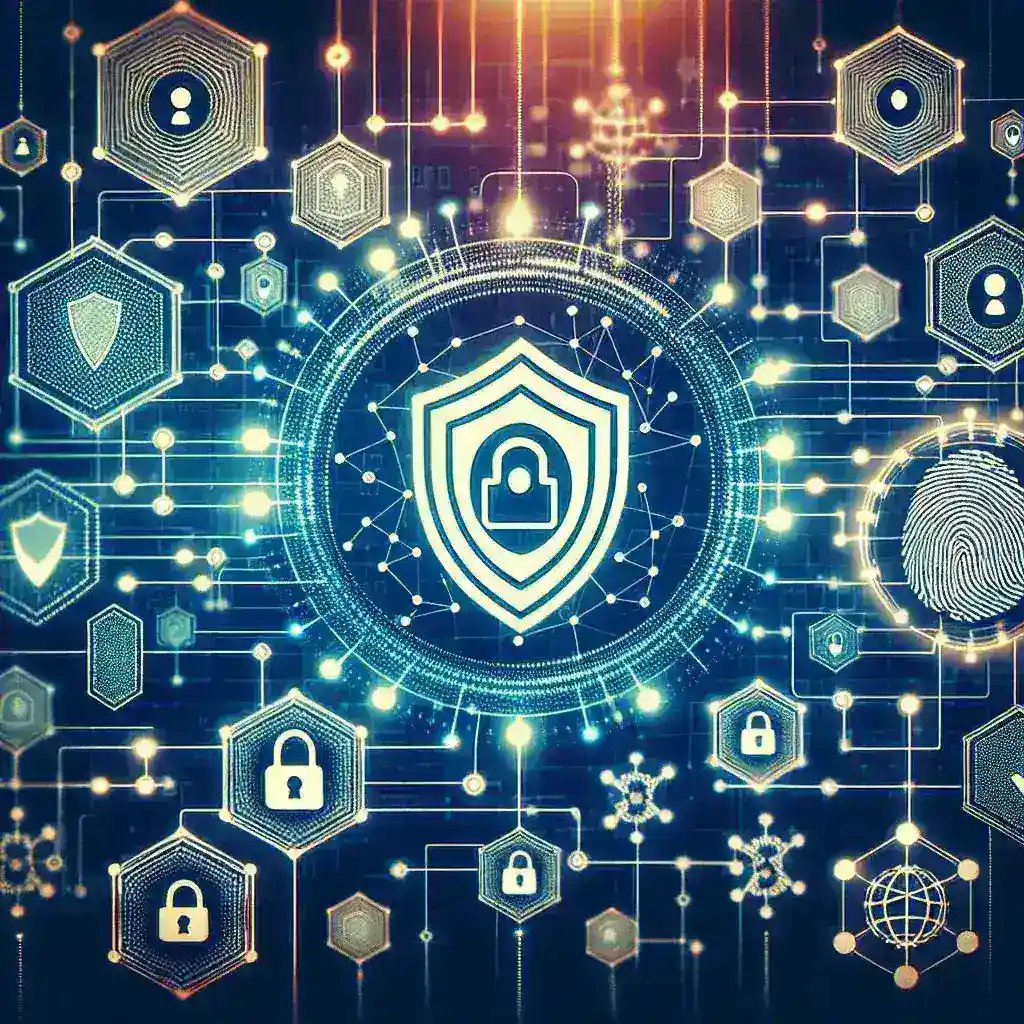Introduction
In today’s digital age, the need for secure digital identities has never been greater. As we increasingly rely on online platforms for essential services, protecting our personal information becomes paramount. This is where blockchain technology steps in, offering a revolutionary solution to enhance the security and privacy of digital identities.
Understanding Blockchain Technology
Blockchain is a decentralized ledger that records transactions across multiple computers securely, making it nearly impossible to alter or hack the data. Each block in the chain contains a series of transactions, and once a block is filled, it is sealed and linked to the previous block, forming a chain of chronological records.
Key Features of Blockchain
- Decentralization: No single entity controls the entire chain, reducing the risk of data manipulation.
- Transparency: Transactions are visible to all parties on the network, fostering trust.
- Immutability: Once recorded, data cannot be changed, ensuring the integrity of digital identities.
The Importance of Secure Digital Identity
A secure digital identity is crucial for various reasons, including:
- Protection from Identity Theft: With increased fraud online, safeguarding personal information is essential.
- Trust in Online Transactions: Secure identities foster trust in e-commerce and online services.
- Control over Personal Data: Users should have ownership and control over their information.
How Blockchain Enhances Digital Identity Security
1. Decentralized Identity Management
Blockchain enables decentralized identity systems, allowing users to manage their identities without relying on a central authority. This means that individuals can control their personal data, sharing only what is necessary for specific transactions.
2. Self-Sovereign Identity (SSI)
Blockchain supports self-sovereign identity models, where individuals own and manage their identities. This eliminates the need for third-party verification, reducing the risk of data breaches.
3. Enhanced Privacy
With blockchain, users can choose what and how much information to share. Techniques such as zero-knowledge proofs allow individuals to verify their identities without revealing personal details.
Real-World Applications
The integration of blockchain in digital identity solutions is already underway, with several notable applications:
- Government Identities: Countries like Estonia have implemented blockchain for secure national identity systems.
- Financial Services: Banks are using blockchain to streamline KYC (Know Your Customer) processes, enhancing security while reducing costs.
- Healthcare: Blockchain can secure patient records, ensuring privacy while allowing access to authorized personnel.
Challenges and Considerations
While blockchain offers promising solutions for digital identity security, there are challenges to consider:
- Regulatory Compliance: Each country has different regulations governing digital identities, which can complicate blockchain implementations.
- Scalability: As more users join the blockchain network, maintaining speed and efficiency can be a challenge.
- User Education: Educating users on managing their digital identities securely is vital.
Conclusion
Blockchain technology holds the potential to transform how we manage our digital identities, offering unprecedented security, transparency, and control. As this technology continues to evolve, it can provide solutions that not only protect personal information but also enhance trust in online interactions. Embracing blockchain for secure digital identities will be crucial as we navigate the complexities of the digital landscape.

